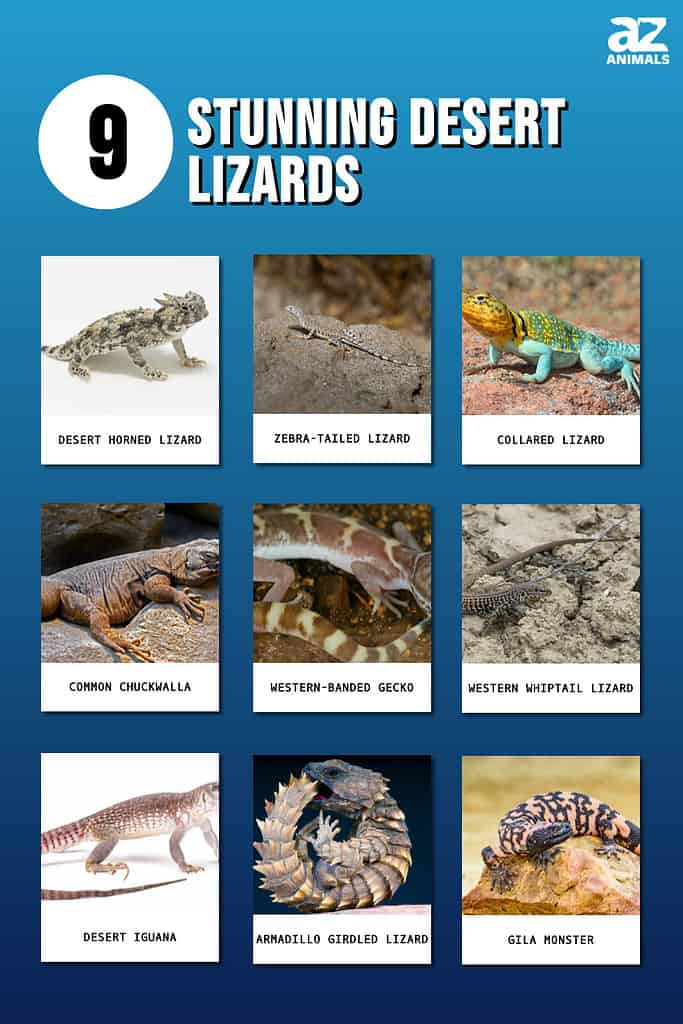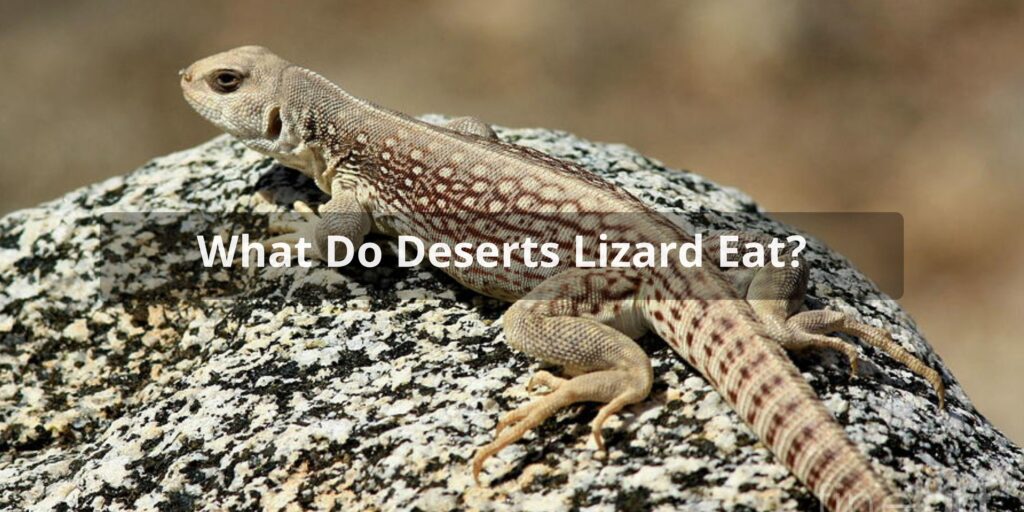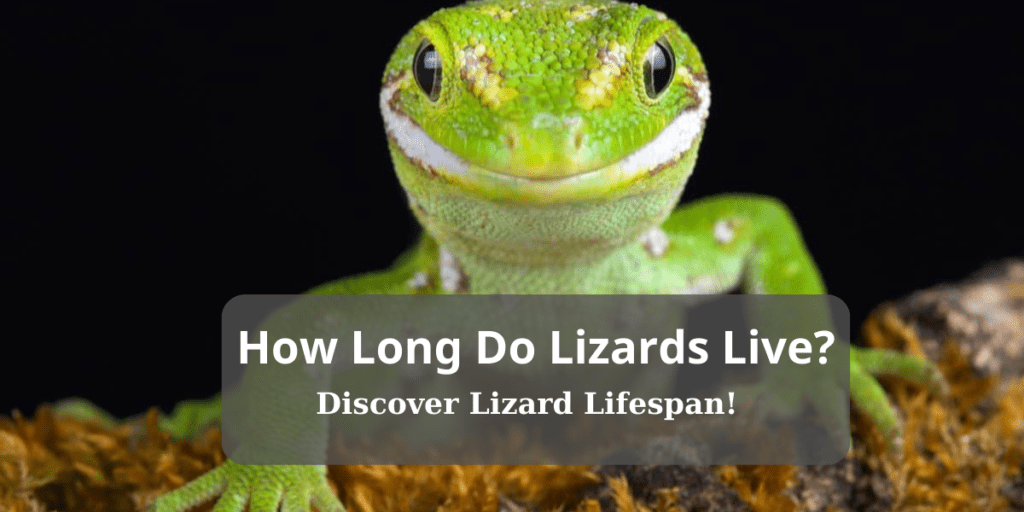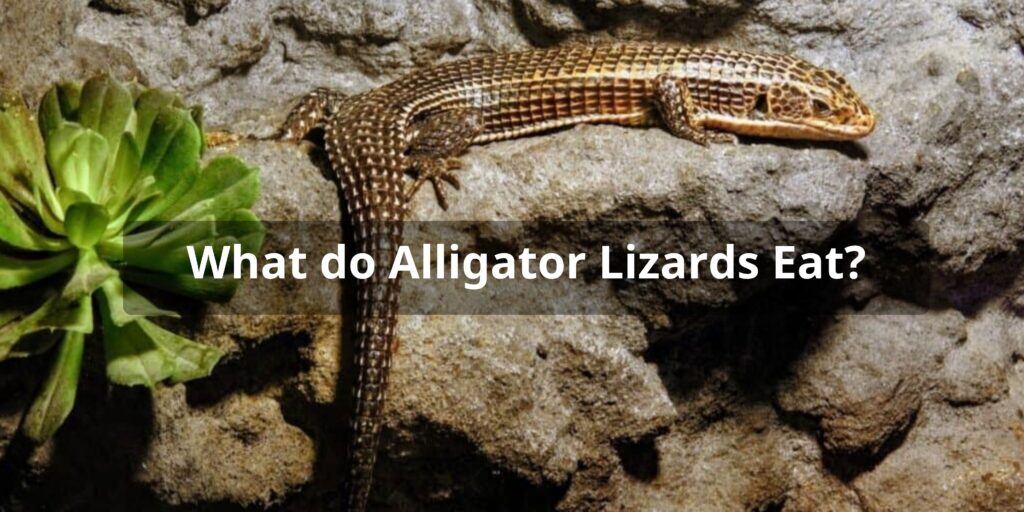Desert Lizards are fascinating creatures that have adapted to their harsh, arid environments by developing unique feeding habits. In this article, we will explore the basics of the Desert Lizard diet, including their favorite foods and essential nutrients they need to stay healthy.
Desert Lizard Diet Basics
Desert Lizards primarily eat insects, but they also consume various plant materials to supplement their diets. The ratio of insect to plant food varies depending on the species and age of the lizard. For example, young Desert Lizards require more protein-rich insects due to their rapid growth and development. As they age, their dietary needs shift towards a higher percentage of plant-based foods.
Adult Desert Lizards typically feed every other day, while younger ones may need to be fed daily. It’s important to monitor their feeding schedules and adjust accordingly based on their age and activity level.
Essential Foods for Desert Lizard Diet
Preferred Live Food Options
Desert Lizards enjoy a wide range of live food options, including:
- Crickets
- Mealworms
- Waxworms
- Grasshoppers
- Dubia Roaches
- Superworms
When feeding live insects, it’s crucial to ensure that they are not too large for the lizard and do not pose a choking hazard. It is also recommended to offer a variety of insects to provide a more balanced nutrient profile.
Safe Vegetables for Regular Intake
Vegetables are an essential part of a Desert Lizard’s diet. Some safe options include:
- Kale
- Collard Greens
- Mustard Greens
- Dandelion Greens
- Carrots
- Squash
- Sweet Potato
It’s important to avoid feeding spinach as it contains oxalates that can bind calcium, resulting in metabolic bone disease.
Recommended Fruits for Desert Lizard Diet
Fruits should be offered in moderation as they are high in sugar. Safe options include:
- Apples
- Berries (strawberries, raspberries, and blackberries)
- Mango
- Papaya
- Fig
Essential Vitamins & Minerals
Calcium and Vitamin D3 are crucial for a Desert Lizard’s bone health, while Vitamin A is necessary for proper eye function. Dusting insects with calcium and vitamin supplements is essential to ensure that the lizard receives these vital nutrients.
Foods to Avoid for Desert Lizard
There are certain live foods, greens, and fruits that Desert Lizards cannot eat. These include:
- Fireflies (toxic)
- Avocado (contains persin, which can be toxic)
- High oxalate greens (e.g., spinach)
- Citrus fruits (too acidic)
It’s important to research any new food items before feeding them to your lizard to avoid any potential harm or illness.
Feeding Guidelines for Desert Lizard Owners
As a Desert Lizard owner, it’s essential to follow practical guidelines when feeding. These include:
- Offer a variety of food options to ensure a balanced diet
- Do not overfeed or underfeed
- Monitor feeding schedules based on age and activity level
- Dust insects with calcium and vitamin supplements
- Provide fresh water regularly
Understanding Desert Lizard Hydration Needs

Desert Lizards have adapted to arid environments and can obtain most of their water needs from their food. However, it’s still essential to provide a shallow water dish for them to soak in and drink from as needed.
Key Takeaway:
- Desert Lizards primarily eat insects and plant-based materials.
- Feeding schedules and ratios vary depending on the species and age of the lizard.
- Offering a variety of food options ensures a balanced diet.
- Calcium, Vitamin D3, and Vitamin A are crucial for their health.
- Certain foods should be avoided, such as fireflies and citrus fruits.
- Following practical feeding guidelines is essential for proper nutrition.
- Desert Lizards can obtain most of their water needs from food but still require access to a shallow water dish.
In conclusion, the Desert Lizard diet is unique and requires careful consideration to ensure proper nutrition. By following the guidelines outlined in this article, you can provide your lizard with a healthy, balanced diet that promotes their overall well-being.
FAQs About Desert Lizard Diet
What do Desert Lizards eat?
Desert lizards primarily eat insects and small invertebrates found in their arid habitat. Their diet includes ants, beetles, spiders, and occasionally small rodents or birds.
Can I feed my Desert Lizard only insects?
While insects are crucial, a diverse diet is essential. Offer a variety of insects like crickets, grasshoppers, and beetles. A balanced diet ensures they receive necessary nutrients for their health.
How often should I feed my pet desert lizard?
Feed desert lizards every 2-3 days. Young lizards may require more frequent meals. Adjust feeding based on their age, size, and activity level. Regular feeding and monitoring promote their well-being.
Do desert lizards eat fruits and vegetables?
Desert lizards are primarily insectivores, but some might nibble on small fruits or vegetation occasionally. However, insects should form the primary component of their diet for proper nutrition.
Is it okay to give desert lizards baby food?
No, desert lizards should not be fed baby food. Their diet should mainly consist of insects and occasional fruits if applicable. Avoid baby food, which may not meet their nutritional requirements.
What types of insects are suitable for them?
Suitable insects include crickets, grasshoppers, beetles, and ants. Offer a variety of insect types to provide essential protein and enrichment. Ensure insects are appropriately sized for the lizard’s consumption.
Can Desert Lizards eat worms?
Yes, small worms like mealworms can be included in their diet. However, worms should not dominate their diet. Mix them with a variety of insects and occasional fruits to ensure balanced nutrition.



